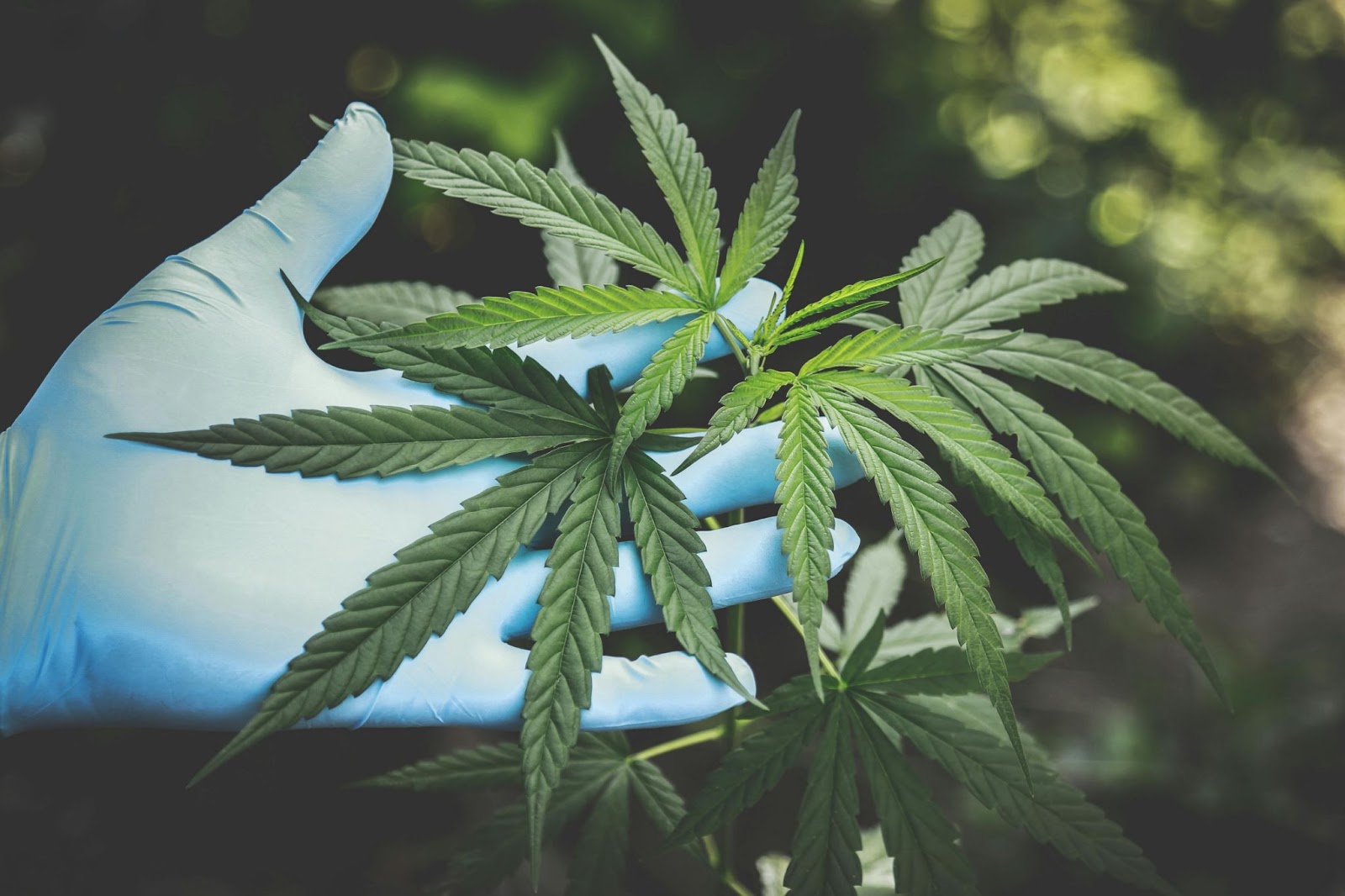You might be surprised to learn that cannabis isn’t a modern discovery. In fact, cannabis has had different uses dating back thousands of years. Even in the early days of the United States, hemp (a variety of cannabis) was an important agricultural crop.
However, the public perception of cannabis took a dramatic turn in the early 20th century due to political propaganda. The 1930s saw the rise of anti-cannabis rhetoric, spearheaded by campaigns like Reefer Madness. This era marked the beginning of widespread misinformation, portraying cannabis users as dangerous criminals. Laws like the Marihuana Tax Act of 1937 effectively criminalized the plant.
By the 1970s, the war on drugs had cemented cannabis as a societal menace alongside drugs like cocaine and heroin.
Modern Scientific Understanding of Cannabis
As scientific research progresses, many of the myths surrounding cannabis are being debunked. Studies have shown that cannabis has legitimate medical applications, including pain management, anxiety relief, and treatment for conditions like glaucoma, epilepsy and multiple sclerosis. Cannabidiol (CBD), a non-psychoactive compound found in cannabis, has gained mainstream acceptance for its therapeutic potential.
Despite previous thoughts of marijuana being a “gateway drug,” modern studies suggest otherwise. In fact, some studies show that cannabis can actually help reduce dependence on cocaine and alcohol.
Additionally, the concerns about cannabis causing serious cognitive damage have been challenged, with research showing that moderate use in adulthood has little long-term impact on the brain.
The Role of Legalization and Policy Reform
With shifting public attitudes, cannabis legalization has gained momentum worldwide. Countries like South Africa, Canada, and Germany have fully legalized cannabis, while numerous U.S. states have embraced both medical and recreational use.
Legalization has led to economic benefits, including increased tax revenue, job creation, and the emergence of a billion-dollar cannabis industry.
For example, Colorado has generated over $15 billion in cannabis sales since legalization, with significant portions of tax revenue funding education and public health programs. The shift toward regulation has also allowed for safer products, eliminating risks associated with unregulated, black-market cannabis.
A Shifting Culture
Mainstream media, influencers, and wellness advocates have played a massive role in reshaping cannabis’s image. Celebrities openly discussing their cannabis use, combined with its increasing presence in health and wellness spaces, has helped normalize the plant…
Cannabis is no longer just about “getting high.” it’s about self-care, relaxation, and even productivity. From CBD-infused skincare products to THC microdosing for focus, cannabis is being integrated into everyday lifestyles in a way that was unthinkable a few decades ago.
Addressing Concerns
Of course, concerns still exist. Public health officials emphasize the importance of responsible use, especially among younger individuals and those with a predisposition to mental health conditions. Regulation ensures that cannabis products are tested for potency and contaminants, reducing the risks associated with unregulated substances.
Misinformation remains one of the biggest hurdles. Many people still associate cannabis with laziness or addiction, despite evidence to the contrary. Public education is crucial in dispelling these misconceptions and promoting safe, informed use.
The Future of Cannabis in Society
As legalization spreads, research will finally catch up to curiosity. Scientists could create treatments for PTSD, chronic pain, and neurodegenerative diseases. Entrepreneurs might turn hemp into biodegradable plastics or carbon-neutral building materials. And culturally? Cannabis could become as mundane as a cup of coffee: a small, personal ritual that doesn’t define someone’s character.
However, this future depends on you. Every conversation that replaces judgment with curiosity, every vote for equitable policies, and every choice to prioritize facts over fear helps rewrite the story. So, whether you ever try it or not, you’re now part of a cultural shift that’s prioritizing science over stigma, empathy over exclusion, and possibility over prejudice.
